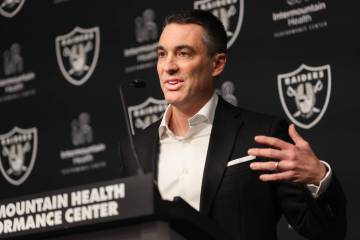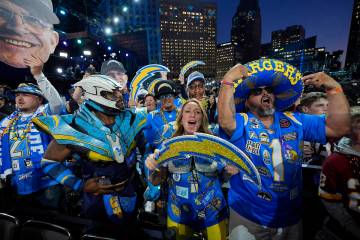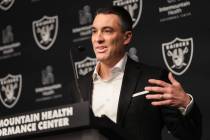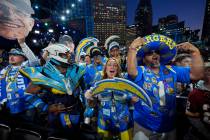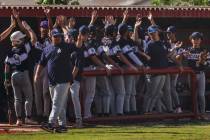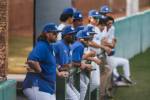STATE OF THE NATIONAL PASTIME
Everyone loves a parade, especially the people of Philadelphia who haven't had anything to cheer about in, oh, about a quarter century or so.
Several hundred thousand of them gathered Friday to celebrate, a turnout so meaningful and heartfelt that in one city for one day it almost seemed like the clock had been turned back to a time when baseball reigned supreme.
On that feel-good moment we can say goodbye to baseball for another year, knowing as always the rite of pitchers and catchers reporting to camp is a few months away. Baseball junkies who can't wait that long can rest easy knowing major league baseball will launch its own television network at the beginning of the year.
The new year will bring new stadiums and new hope in cities around the nation. Forgotten almost everywhere but in Philadelphia will be a postseason that never lived up to expectations and a World Series that caught the country's attention only for the quirkiness of the last 18 outs.
Bud Selig said he was ready to wait until Thanksgiving if necessary to crown a champion between the Phillies and Tampa Bay. His worse nightmare, though, wasn't the miserable weather that forced a World Series game to be played out over three days for the first time but the chance the Rays could come back to win the whole thing.
Imagine the celebration that would have broken out then. A couple of people waving on a street corner, maybe. A few thousand more at Tropicana Field, assuming they remembered where it was.
Baseball got lucky, but baseball's been getting lucky for a long time. Mismanaged, filled with cheats and so greedy that it casts aside the future for the profits of today, it somehow manages to survive despite itself.
But for how long? How long can baseball continue its ways until it finally becomes just another niche sport in a country where football long since has reigned as king?
Don't look now, but it's happening already.
Not in Philadelphia, where a long history of losing has bonded fathers and sons and mothers and daughters into Phillies followers. Not in Chicago, where misery loves company. And not in New York, where the Yankees almost are a religion and the Mets aren't far behind.
Outside of traditional big markets, though, the game largely has become a place to take the family for a night, enjoy the ambiance of a new ballpark and gorge on the latest in stadium cuisine. Nothing wrong with that, but the casual relationship doesn't breed the intense loyalties the sport once commanded.
Fans keep coming -- the 1.1 percent drop this year was the first after four years of record attendance -- but the lack of attention paid the World Series has become a reminder that baseball never will regain the status it once held as the national pastime.
A lot of that is baseball's fault, particularly in its never-ending drive to squeeze the last dollar out of the sport. Starting games so late and littering them with endless commercial breaks is much to blame for ratings that each year shrink more and more.
But the ratings this year didn't simply shrink. They plunged.
Just 14 percent of people watching TV during the World Series were tuned in to the games, a record low since Nielsen began compiling figures decades ago. That compares to 60 percent of TVs tuned into the game during the 1960s and 50 percent as late as the early 1980s.
A country that once used to pause for the World Series seems barely aware it is on. Children who once brought transistor radios to school to listen to games are in bed long before they're over.
Baseball is losing generations and either doesn't care or hasn't noticed. Even as postseason ratings tanked and bad weather made a mockery of the World Series, Selig was declaring the 2008 season a tremendous success.
The commissioner is supposed to accentuate the positive, and there was something good about the way the season ended. Presented with a night of abbreviated baseball, America responded by giving the completion of Game 5 the highest ratings of the series.
The game was tense, exciting and quickly played. Kids could stay up to watch it, and it went by so fast we barely noticed the extra commercials between innings.
That doesn't mean every World Series game should be shortened to 31/2 innings. Traditionalists might object, and Fox wouldn't be able to sell nearly as many ads.
But quicker games and earlier start times could be a wise investment in a future baseball has chosen to ignore.
Tim Dahlberg is a Las Vegas-based national sports columnist for The Associated Press. Write to him at tdahlberg@ap.org.





